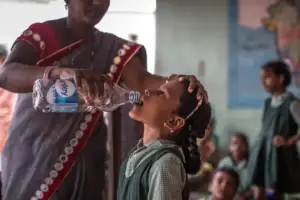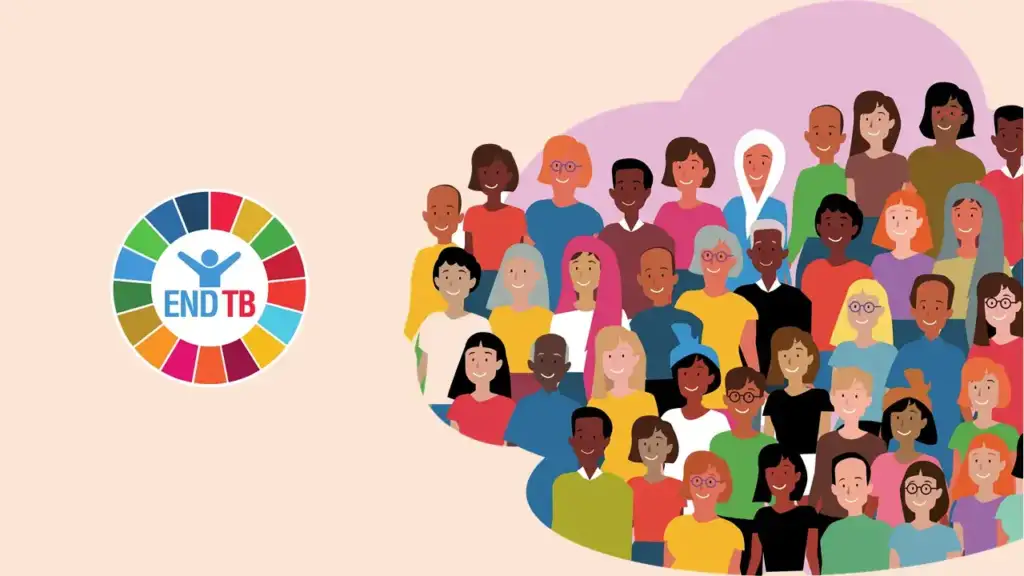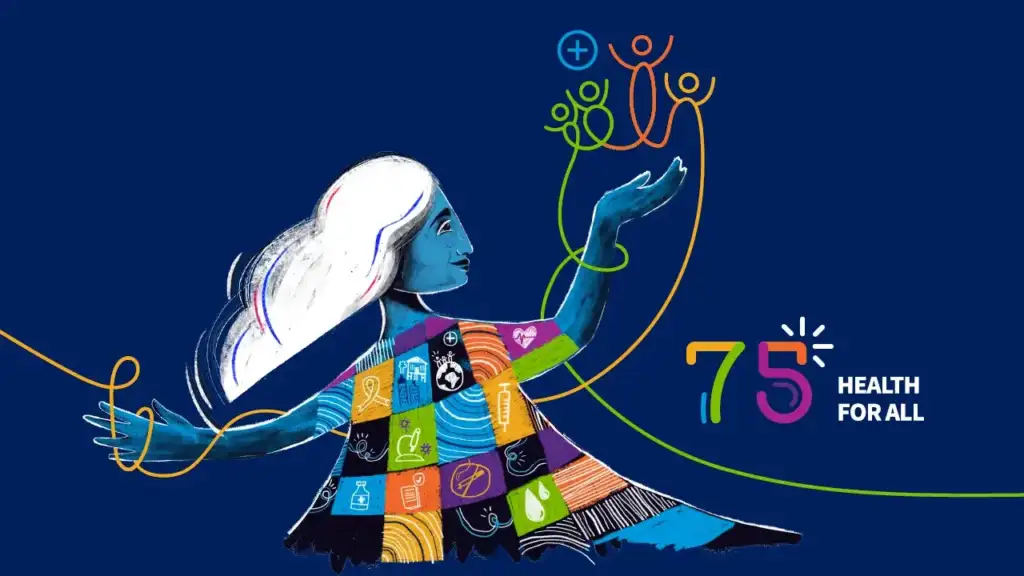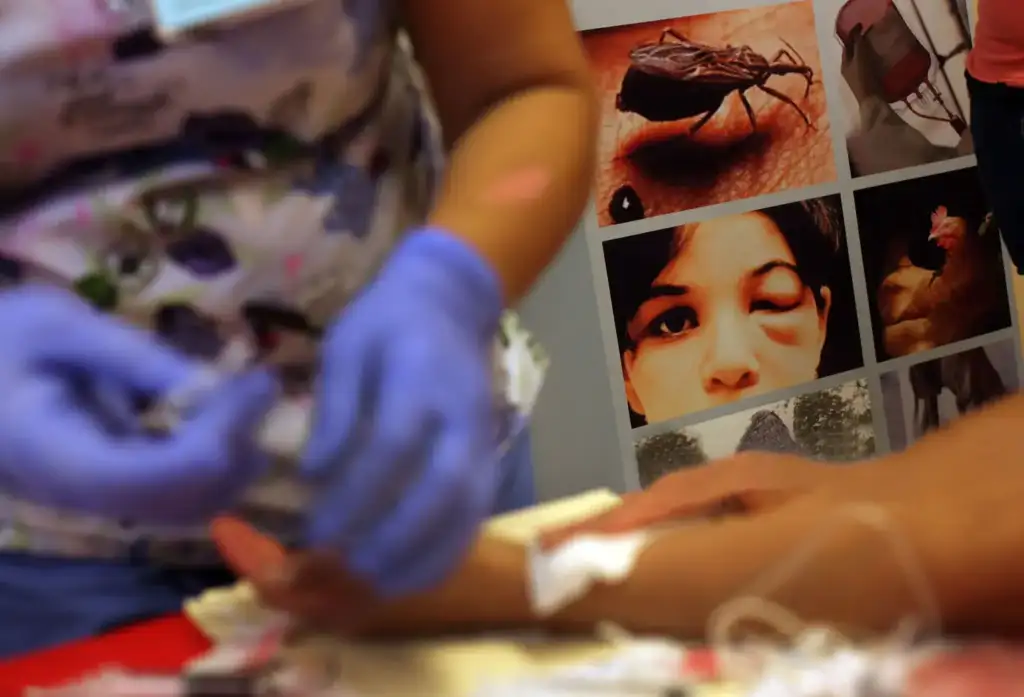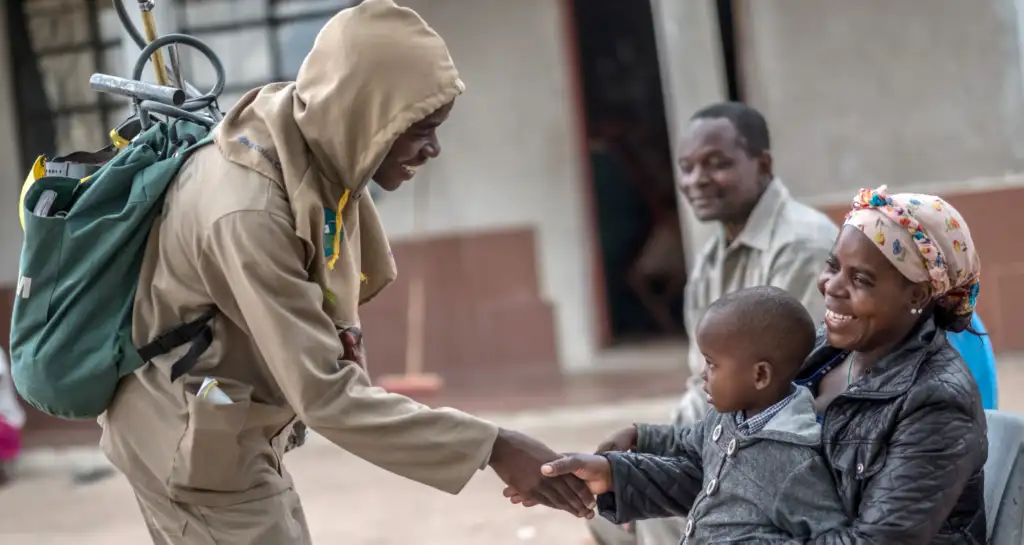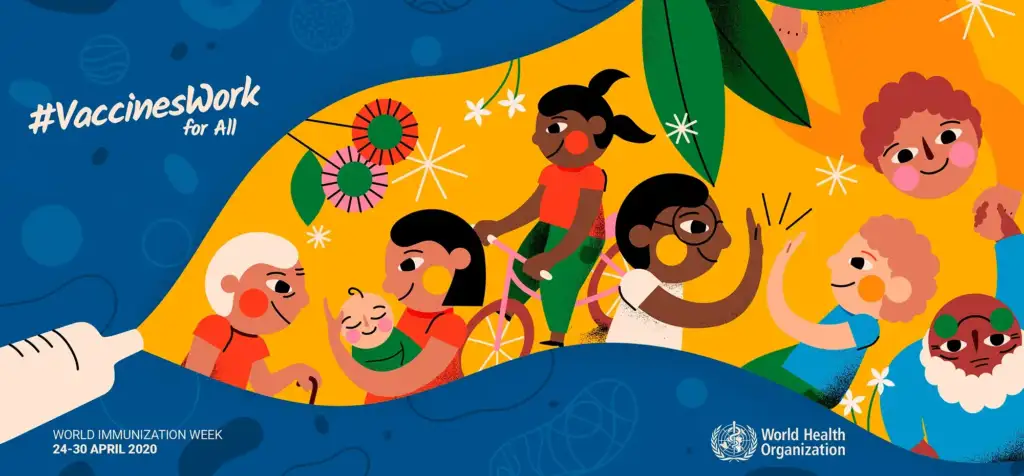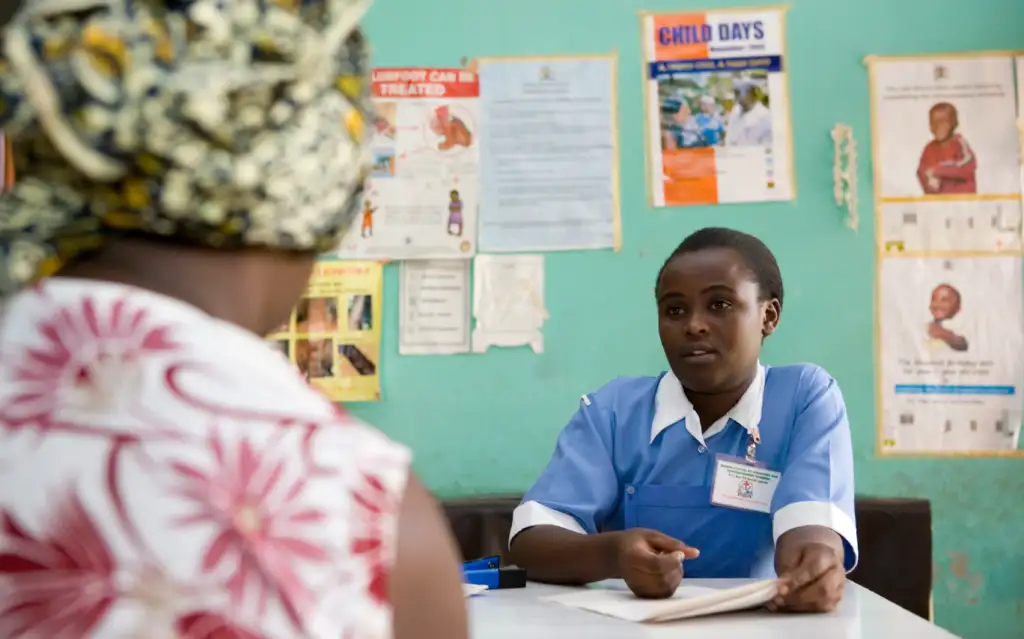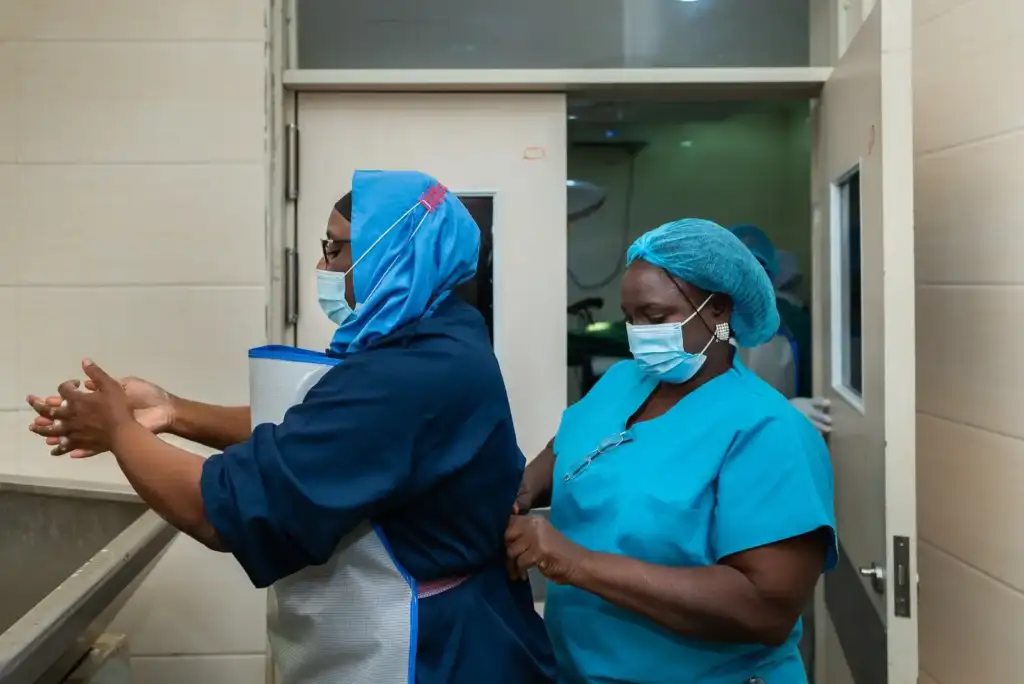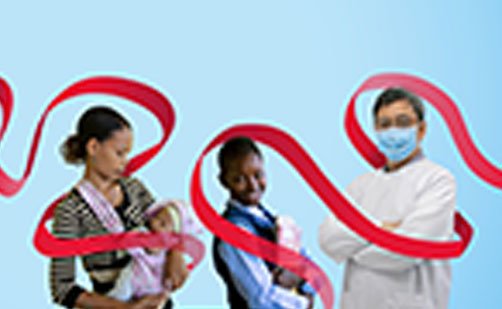30 January
World Neglected Tropical Diseases Day
On 31 May 2021, the World Health Assembly (WHA) recognized 30 January as World Neglected Tropical Disease (NTD) Day through decision WHA74(18). This decision formalized 30 January as a day to create better awareness on the devastating impact of NTDs on the poorest populations around the world.
14 April
World Chagas Disease Day
Chagas disease, also known as “silent or silenced disease”, affects mainly poor people without access to health care or people without a political voice. The disease progresses slowly and often shows an asymptomatic clinical course. Without treatment, Chagas disease can lead to severe cardiac and digestive alterations and become fatal.
31 May
World No Tobacco Day
This yearly celebration informs the public on the dangers of using tobacco, the business practices of tobacco companies, what WHO is doing to fight the tobacco epidemic, and what people around the world can do to claim their right to health and healthy living and to protect future generations.
25 July
World Drowning Prevention Day
World Drowning Prevention Day, declared through the April 2021 UN General Assembly Resolution A/RES/75/273 “Global drowning prevention”, is held annually on 25 July. This global advocacy event serves as an opportunity to highlight the tragic and profound impact of drowning on families and communities and offer life-saving solutions to prevent it.
28 July
World Hepatitis Day
World Hepatitis Day, 28 July, is an opportunity to step up national and international efforts on hepatitis, encourage actions and engagement by individuals, partners and the public and highlight the need for a greater global response as outlined in the WHO’s Global hepatitis report of 2017.
17 September
World Patient Safety Day
World Patient Safety Day calls for global solidarity and concerted action by all countries and international partners to improve patient safety. The Day brings together patients, families, caregivers, communities, health workers, health care leaders and policy-makers to show their commitment to patient safety.
18 to 24 November
World AMR Awareness Week
Antimicrobial resistance (AMR) occurs when bacteria, viruses, fungi and parasites change over time and no longer respond to medicines, making infections harder to treat and increasing the risk of disease spread, severe illness and death. As a result of drug resistance, antibiotics and other antimicrobial medicines become ineffective and infections become increasingly difficult or impossible to treat.


